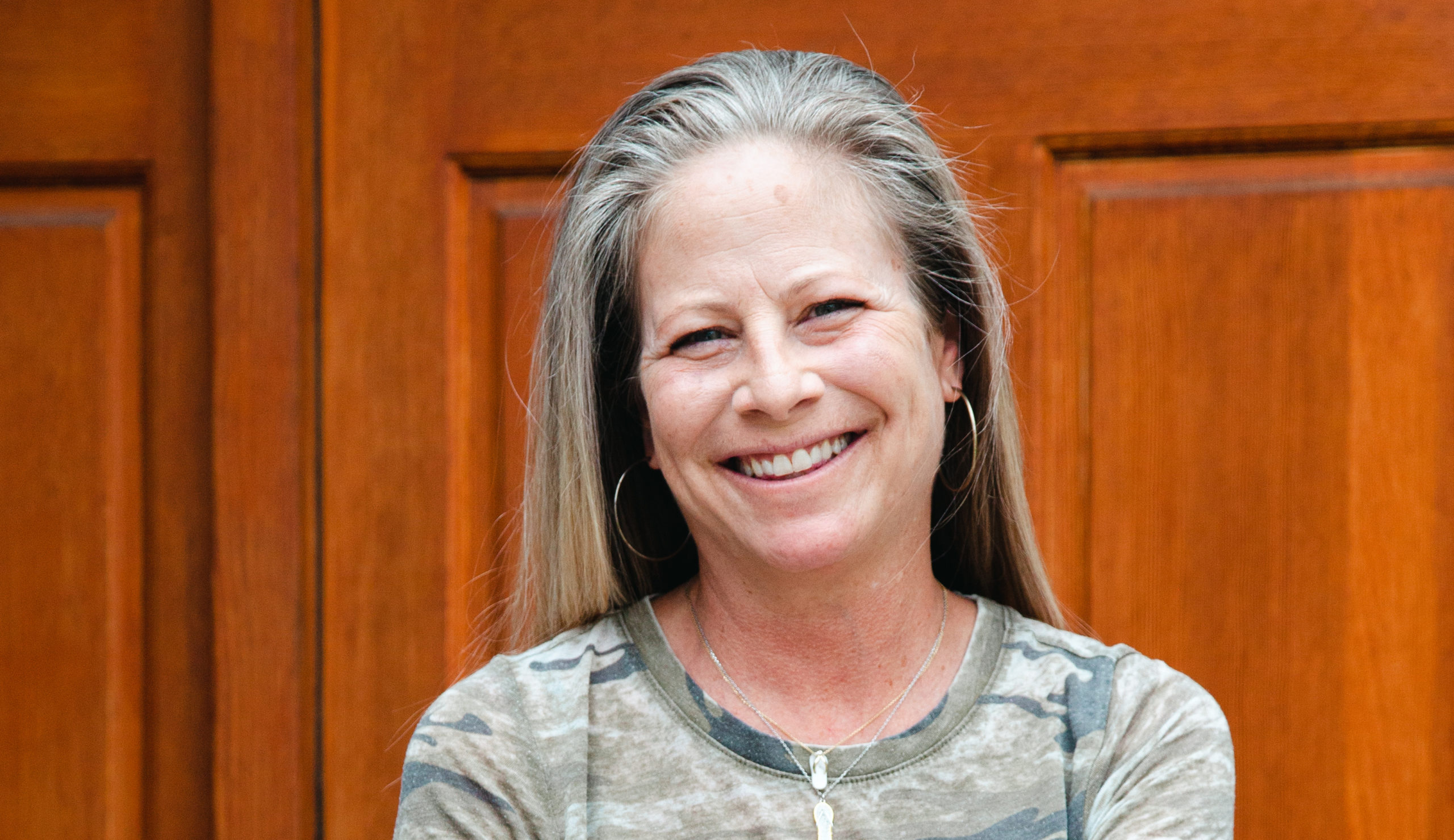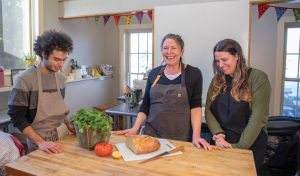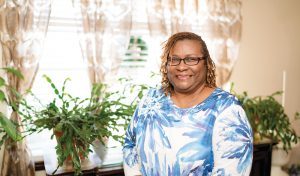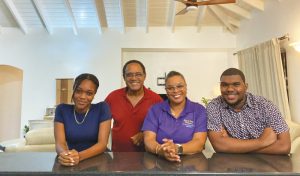by Melissa Louie
Los Angeles
In 2016, I was jobless and so was my close friend, John. Every day for about five years following his layoff, I’d go to his house, a block from mine to putter around, in the yard or the garage, analyzing life, complaining together. We were bitter, neither knowing who we were without the jobs we’d held for over a decade, him a mechanic, me a law firm clerk. Still I knew who he was to me. When he died in that motorcycle accident, I lost a brother. It was devastating when I felt that no one understood.
For a time, I withdrew completely from everyone. I was the kid eating worms in the corner of the schoolyard. I needed sympathy and hoped that a hard sulk, unlike my usual chatter, would bring this out of my friends and family. Instead, people assumed I needed space and gave it to me.
When my chatty voice did surface, it was biting. To my mother, one of the few who would not be driven off, I was flippant. “I hate my life,” I told her. And then, as an afterthought, “I wish it would end.” It was a plea for help, but I was pushing everyone away.
One friend, however, made my defenses fall away. Kirsten, who I’d known since junior high, had always shone with this enviable enthusiasm for life. I suspected it had something to do with her being a born-and-raised Buddhist. I began attending her SGI meetings, where members shared their struggles and experiences, offering each other encouragement based on Nichiren Buddhism. I’d leave filled with hope.
It was at the 2017 New Year’s meeting at the Los Angeles Friendship Center where something really sparked inside me. Hundreds of people—men, women, children, every color, every background—were chanting Nam-myoho-renge-kyo.
“I kept peeking at you,” Kirsten told me afterward. “You wore this little smile the whole time, like a little kid.”
Though pulsing still with all that Buddhism energy, I felt a sting of regret. I was 46 years old. Where had this feeling been all my life?
I received the Gohonzon that May but struggled to chant consistently. Emotionally I’d flip-flop and found myself giving voice again to suicidal thoughts.
For years, my mother and I had bonded over our love of country music festivals, something that took on heightened significance in the wake of John’s passing. That October, we went down to the Route 91 Harvest Festival, held annually on the Las Vegas Strip.
At the end of the third and final day, we packed up a little early to beat the homeward crush. I remember folding up our lawn chairs and, working a crick from my neck, looking up at the Mandalay Bay Hotel, when I heard loud cracks.
Tired, I said aloud, “Fireworks…?”
A hand on my back shoved me down hard. A man’s voice said: “No! Gunshots.”
I clobbered my mother on my way down, and we both hit the dirt.
When the shots paused, we got up and ran. When they sounded again, we flattened. I dragged my mother. She was my only thought. I was sure I would die.
We made it inside a nearby casino and searched for cover. No one knew a thing and, as we scurried between slot machines, the rumors flew: Simultaneous strike down the strip; not one gunman, but many; they had surrounded the casino; they had entered the building.
In the end, we huddled with others in an employee’s back corridor, some bleeding, some crying, all of us scared. I started chanting. My mother looked at me, startled. She knew I practiced Buddhism but had never heard me chant. With my eyes I told her: “Mom, I just gotta do this right now.”
Later, driving home in the early hours of Oct. 2, I made a vow for my life. I had been given a chance to live and would not let the opportunity go to waste. I would appreciate my life. I would never speak of ending it again. Waves of joy and sadness washed over me: It had taken 47 years for me to realize my life was worth living.
I did not realize then what that vow entailed. As PTSD set in, even mundane tasks, like driving, became impossible. Fear governed my life. My life came to a standstill and stayed there for nearly two-and-a-half years.
My SGI women’s leaders never gave up on me, though, encouraging me through text and voice messages, even when I stopped attending meetings, even when I stopped responding altogether. It took nearly two-and-a-half years, but I did eventually come out, deeply anxious, to a meeting in February 2020.

I was greeted with such openhearted sincerity that my tension eased right away. A few women stayed after to talk with me to better understand how I was doing. They encouraged me to never give up. I recalled how badly I wanted to develop my inner Buddha, and their genuine warmth had this Buddha shouting Yes! before my fears could shut her down.
I attended as many meetings as possible, and when the pandemic hit, I joined online, even stepping up to support as emcee. In February 2021, at the commemorative women’s and young women’s division meeting, I was given the wonderful opportunity to share my experience. I invited all my friends and family, wanting to share with them the secret to the deep shift I’d been experiencing in my attitude toward life. In the end, 24 of them attended.
I still wrestle with post-traumatic stress disorder and my own darkness. But now, I take it to the Gohonzon, praying to turn poison into medicine. I’m a friend to myself and to those around me in ways I was unable to be for John. When someone is struggling, I listen, but I don’t complain with them; I don’t contribute to their frustration. And when the time is right, I tell them: Never give up!
Sometimes negative thoughts do kick my butt, but now, when I catch them, my inner Buddha is indignant. “That’s not true!” she says. “My life is precious!”
from Ikeda Sensei (Jan. 2, 1998, World Tribune, p. 11)
No matter how hopeless or bleak things appear, the moment always comes when suddenly our spirit revives, and hope is reborn. That is why we must never give up.
You are reading {{ meterCount }} of {{ meterMax }} free premium articles





